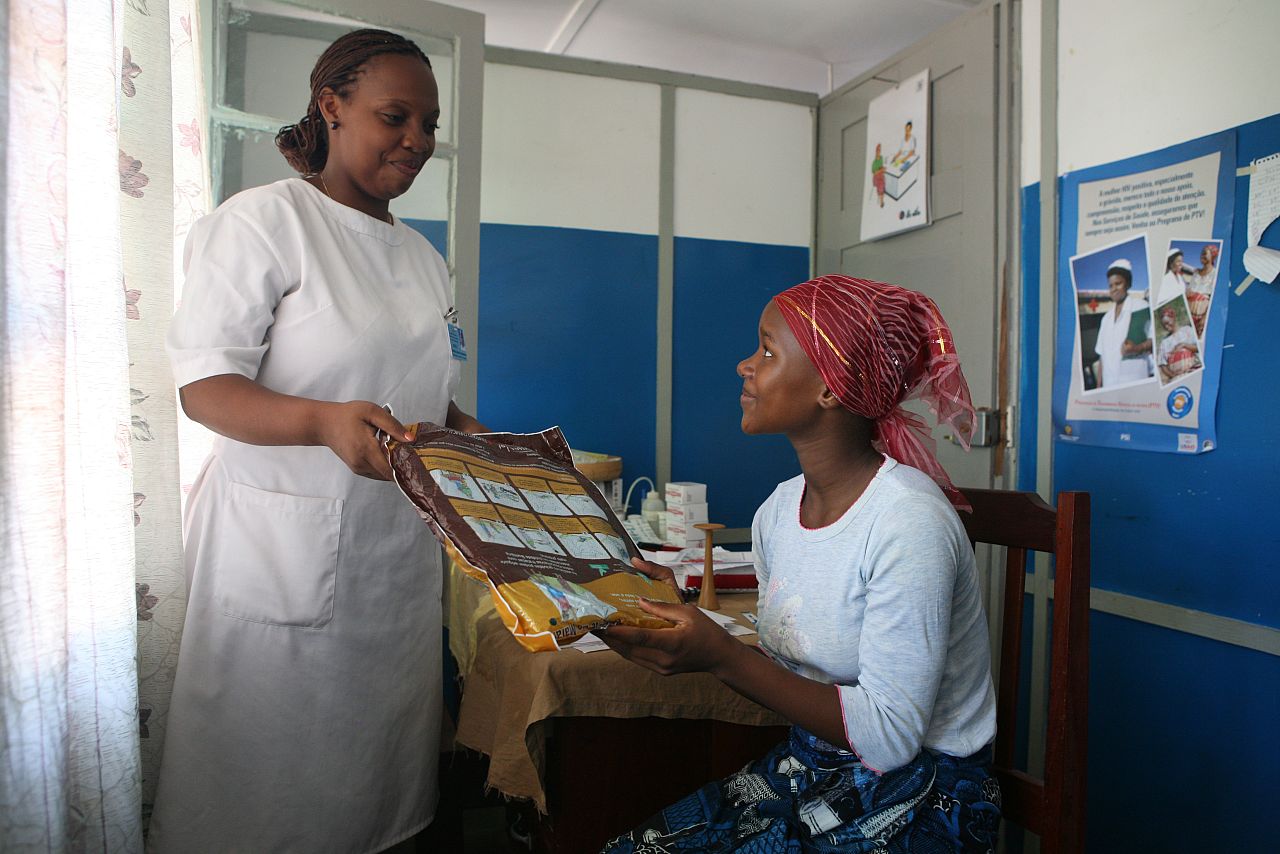Along with governments and global health organisations the world over, Malaria Consortium is committed to fighting the COVID-19 pandemic, while safely delivering as many as possible of the essential interventions against other infectious diseases impacting the communities we serve. We fully support the World Health Organization’s declaration that interventions to prevent and control common communicable diseases should be defined as core services that must not be interrupted. This has remained the case for our seasonal malaria chemoprevention programme and the delivery of life-saving health services at the community level, through integrated community case management (iCCM), crucial to avoid increases in deaths from other diseases such as malaria.
We are also working to better understand the clinical interactions between, and impact of, COVID-19 and malaria, undertaking research in Ethiopia and Uganda to determine the burden of malaria and long-term complications following SARS-CoV-2 infection. Learn more
